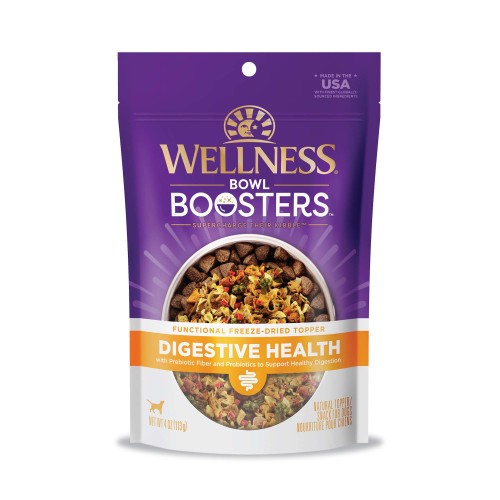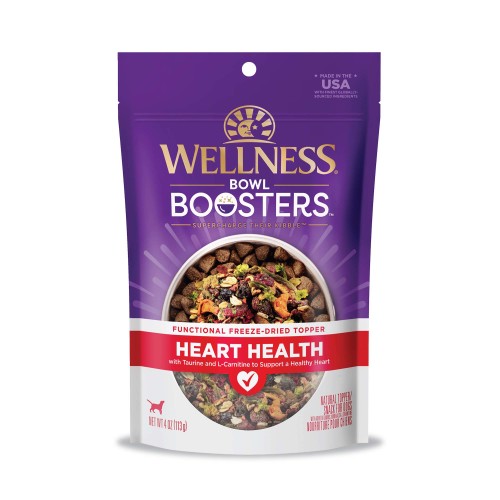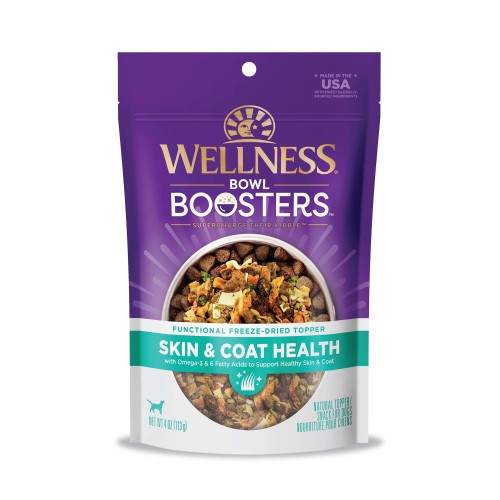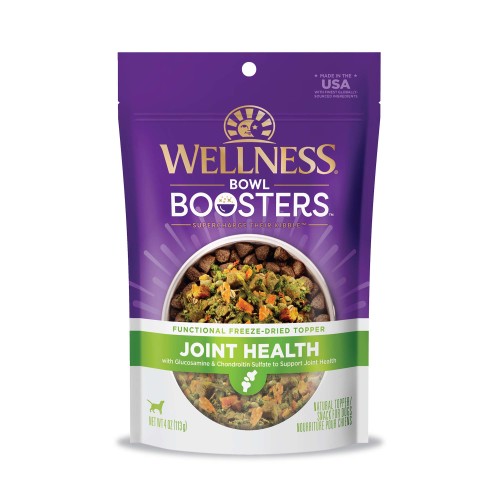April 29, 2022
Kitten Vaccines: Keeping Your Kitten Healthy
Kittens are precious little bundles of joy to welcome into your home, but they’re also helpless. When they are born, they’re extremely reliant on others for care and nourishment. Kittens especially need the protective antibodies they get from their mother’s milk. These antibodies provide immunity that protects them for the first few weeks of their life; however, after that, at certain intervals, they need additional support in the form of vaccines. Learning about kitten vaccines and kitten health will help you set your kitten up for a long and healthy life.
When Do Kittens Need Vaccines?
Kitten vaccination can be complicated, which is why veterinarians are so valuable. The reason kitten vaccines are complicated is because the immunity kittens get from their mother’s milk (called “passive immunity”) wears off at different intervals. Once the passive immunity wears off, kittens need to produce their own “active immunity”. Thus, kitten vaccines, which encourage active immunity, are most effective if they’re given as the maternal antibodies wear off but before the kitten is exposed to any infectious diseases. This gap is called an “immunity window”.
Consequently, this immunity window and potential gap that occurs when passive immunity antibodies wear off is why kittens should be kept indoors before you let them outside (if they are going to spend time outdoors at all). While staying indoors doesn’t eliminate the risk to your kitten’s health, being indoors does limit your kitten’s exposure to potential infections.
What is the Kitten Vaccine Window?
Thus, kittens receive a series of vaccinations delivered at key intervals in order to stimulate the active immunity needed for lifelong health. Kitten vaccines delivered in a series increases the likelihood that the vaccinations will stimulate active immunity in your kitten at the optimal interval for lifelong health.
The kitten vaccination schedule your vet will follow is:
- 6-8 weeks
- 9-11 weeks
- 12-14 weeks
- 15-17 weeks
Your kitten will get core and non-core vaccines at each of their visits.
What are Core and Non-Core Kitten Vaccines?
Core vaccines are the ones that every kitten regardless of exposure and lifestyle will need. Exposure and lifestyle (such as if your kitten will be outdoor or if there is a certain disease common in your area) vary among cases.
Core vaccines are:
- 6-8 weeks: FVRCP or feline viral rhinotracheitis, calicivirus, and panleukopenia
- Rhinotracheitis and calicivirus are common feline respiratory infections
- Panleukopenia is distemper, which is a very contagious and commonly fatal cellular disease that attacks things like the intestines and bone marrow
- 9-11 weeks: FVRCP booster; FeLV or feline leukemia (some vets make this optional)
- Feline leukemia is a core kitten vaccine and should be given annually for outdoors cats
- Feline leukemia can lead to cancer and immune system disorders if contracted
- 12-15 weeks: FVRCP booster, FeLV
- 16-20 weeks: FVRCP booster (final); Rabies
Non-core kitten vaccines include:
- FIV
- FIP (feline infectious peritonitis)
- Chlamydophila felis
- Feline Giardia
Kittens might be dewormed and given FeLV / FIV tests starting with their first check-up. During their second checkup, heartworm and flea prevention (particularly for future outdoor cats) will start. At the final checkup, kittens will get a fecal exam and possibly an FeLV / FIV test depending on if one has already been conducted and if the veterinarian believes it’s necessary.
FIV is feline immunodeficiency virus, which is often spread by bite wounds. Kittens who may need the FIV vaccine should be tested before they’re vaccinated as the test will produce a positive test result.
For all vaccines, core and non-core, you should ask your veterinarian what each does, what risks (if any) are posed to your kitten, and anything else you see fit including how to keep your kitten healthy in addition to having them vaccinated.
How to Keep Your Kitten Healthy
After all, vaccinations are only one component of your kitten’s health and immune system functioning. According to the experts at Pets WebMD, kittens experience explosive growth early in life, so they need foods that can sustain their growth and high energy output.
Kittens should eat three or four times per day and should have kitten-specific food that provides the following:
- Protein
- Amino acids
- Minerals
Pets WebMD experts advises to avoid generic and store brands…look for companies that have good reputations when it comes to buying kitten food. They also suggest steering clear of homemade diets. Homemade foods may not have the amino acids and vitamins and minerals needed for your kitten’s overall health.
Your kitten should also have plenty of fresh water; hydration is an important part of a balanced kitten diet as well. With regular vaccines given at the right intervals and a healthy diet of quality kitten food, your kitten will grow into a healthy cat who you will enjoy years of joyful companionship with.
Cats are loving, loyal, and wise companions, but all cats start out as innocent and helpless kittens who need your loving help. Getting the right kitten vaccines is a start, but kitten health is maintained with a quality diet, which is why Wellness Pet Food makes kitten-specific wet and dry food formulas made with natural ingredients.





